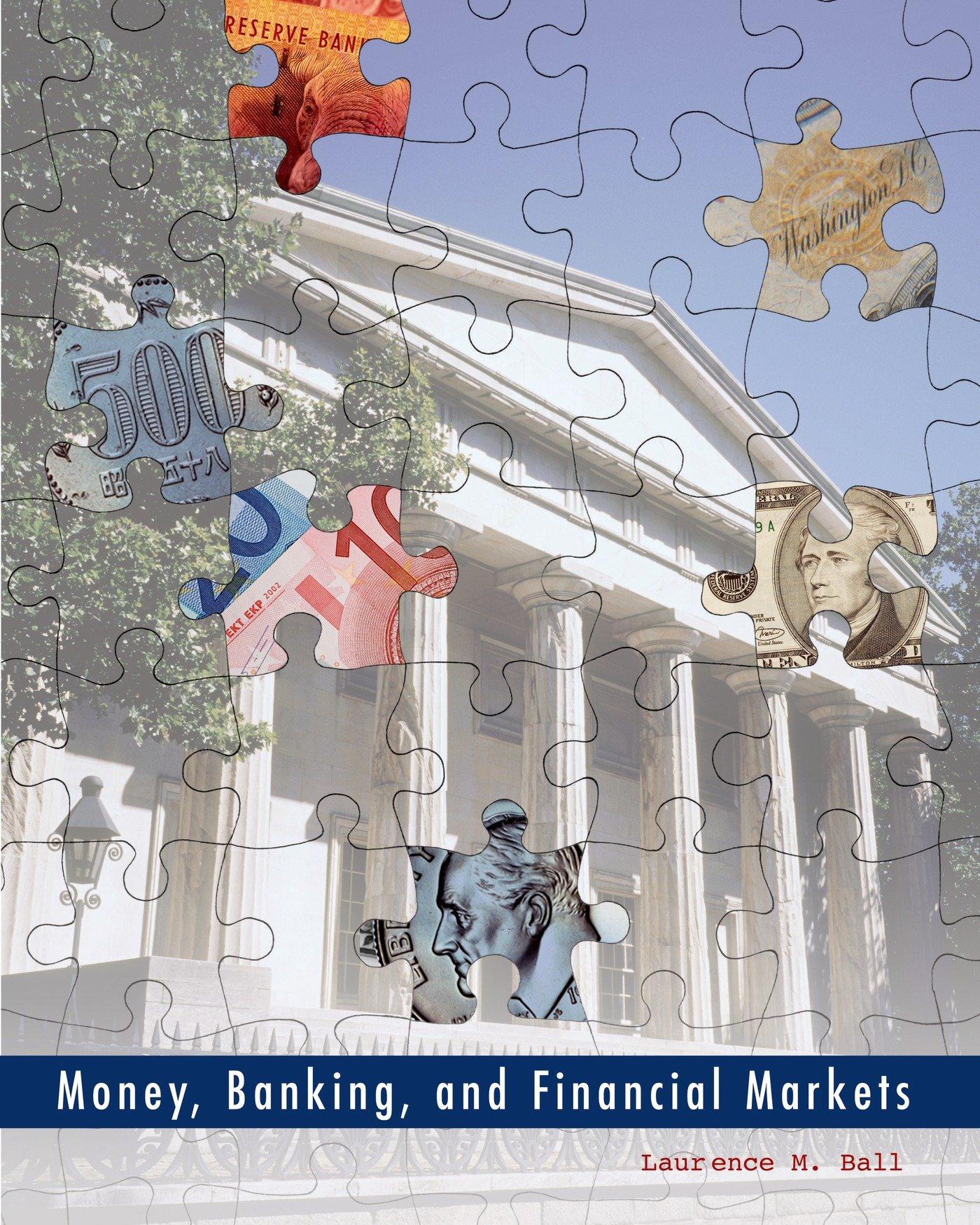Answered step by step
Verified Expert Solution
Question
1 Approved Answer
In the list below, two statements are true and two are false. When the firm is in financial distress, stockholders have an incentive to underinvest.
In the list below, two statements are true and two are false.
When the firm is in financial distress, stockholders have an incentive to underinvest. That's because underinvesting means that they would be contributing nothing to the project today while the bondholders would be contributing the full amount of the required initial cost but receive part of the project's future cash flow.
The signaling theory says that by taking a new loan the firm sends a positive signal to the investors that the firm is not in financial distress.
Under the pecking order theory firms try to avoid sending signals to the investors, which is the opposite from what the signaling theory says.
Studies have shown that some firms choose their capital structure in such a way that it brings the most aftertax cash to its investors. For example, if a firm faces a corporate income tax rate, its stockholders face a income tax rate, and its creditors face a income tax rate, then such firm may choose to have more debt is the underlined part true or false?

Step by Step Solution
There are 3 Steps involved in it
Step: 1

Get Instant Access to Expert-Tailored Solutions
See step-by-step solutions with expert insights and AI powered tools for academic success
Step: 2

Step: 3

Ace Your Homework with AI
Get the answers you need in no time with our AI-driven, step-by-step assistance
Get Started


